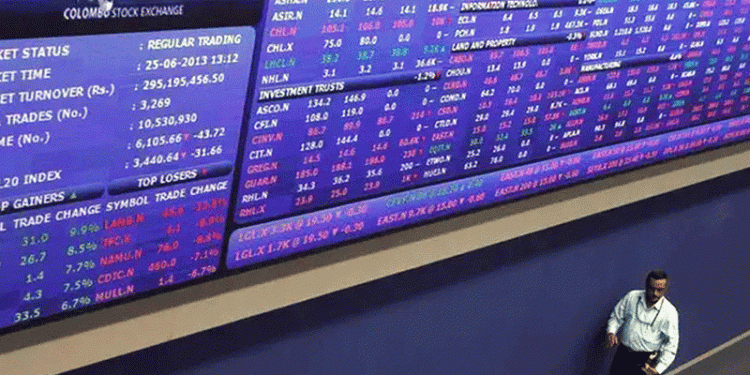By Helen Reid
LONDON (Reuters) – Investors cut equity exposure this month as they grew more wary that economic growth may slow, but kept a long-standing preference for mega-cap tech stocks, Bank of America (NYSE:) Merrill Lynch’s monthly survey indicated on Tuesday.
BAML’s September survey found investors’ outlook on economic growth had worsened significantly, driving them to increase cash holdings.
A net 24 percent of those surveyed expected global growth to slow in the next year, up from 7 percent in August. This was the worst such outlook since December 2001.
A trade war remained the biggest tail risk cited by investors. September was the fourth straight month this was cited as the biggest fear, though its dominance was receding. Fears of a slowdown in China were increasing, as were worries about rising global interest rates.
As a result, the average cash balance climbed to an 18-month high of 5.1 percent, from 5.0 percent in August. Overall allocation to equities fell 11 percentage points to a net 22 percent overweight – near July’s levels which were the lowest in 18 months.
The “most crowded” trade for the eighth straight month was “Long FAANG and BAT” – acronyms for U.S. tech giants Facebook (NASDAQ:), Amazon (NASDAQ:), Apple (NASDAQ:), Netflix (NASDAQ:) and Google (NASDAQ:), and China’s Baidu, Alibaba (NYSE:) and Tencent.
The two other crowded trades were short positions on emerging market equities followed by long dollar.
A divergence in regional preferences yawned ever wider: investors’ allocation to U.S. equities rose to the biggest overweight since January 2015, while allocation to euro zone equities fell to an 18-month low.
The United States was the most favored equity region for a second month running, BAML strategists said. This reflected a decoupling between the strong U.S. economy and the weaker rest of the world.
Investors’ outlook for U.S. corporate profits was at its most favorable in the survey’s history, with the biggest divergence with emerging market profits since January 2014.
Nearly half of investors (48 percent) thought the current decoupling would end, however, due to U.S. growth slowing, while 24 percent saw it continuing.
Just 28 percent saw growth in Asia and Europe accelerating. “Investors are holding on to more cash, telling us they are bearish growth and bullish US decoupling,” said Michael Hartnett, chief investment strategist.
EM AND EUROPE STILL UNDER PRESSURE
Allocation to emerging stocks tumbled to a 10 percent underweight, the lowest since March 2016. The survey noted a “massive reversal” from the 43 percent overweight measured in April 2018 when emerging markets were the investors’ favorite.
“September rotation shows investors are selling emerging markets, banks and materials in favor of Japan, healthcare and industrials,” wrote the strategists.
The most contrarian trade, they said, is long EM and short U.S., while they also recommended long materials and short healthcare for investors wanting to bet on China stimulating its economy more in the fourth quarter.
While global investors cut their allocation to euro zone equities to the lowest since December 2016, they bought more UK equities.
Amid increasingly intense Brexit negotiations, global investors’ allocation to UK equities rose to a net 24 percent underweight from 28 percent underweight.
While European investors are moving into defensive sectors, sector conviction is low, they added.
European fund managers’ allocation to tech stocks fell to its lowest in nine years, while their weighting in banks hit a two-year low.
“We expect sentiment-driven rallies to be short-lived and see only temporary factors supporting EU financials,” wrote the strategists.
Evidence of earnings growing more than 10 percent would be the biggest catalyst for a sustained rise in European stocks, the survey found.
Source: Investing.com


























